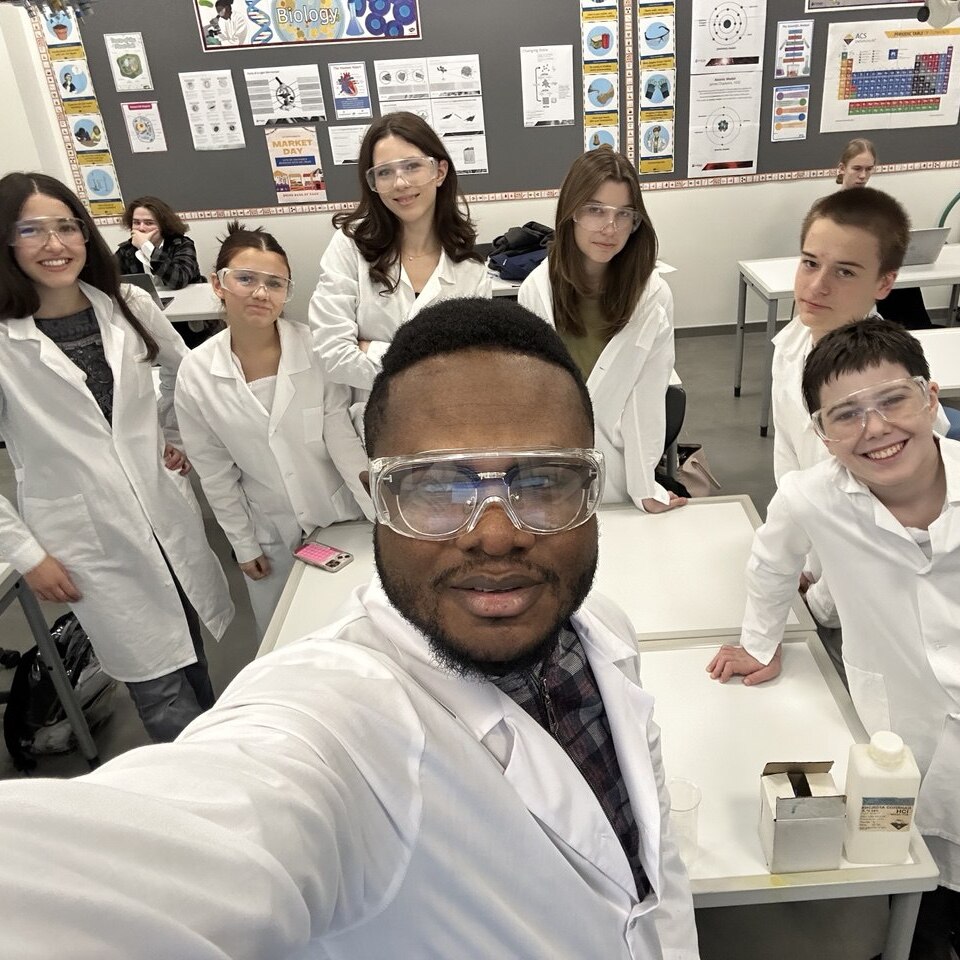This week, our Year 11 students dove into an exciting chemistry experiment to investigate the reactivity series of metals. Through hands-on learning, they explored how different metals react with acids and water, understanding the order of reactivity and its practical applications.
What is this experiment for?
This activity helps students understand how metals behave chemically, equipping them with foundational knowledge for topics like corrosion, metal extraction, and industrial applications.
Skills Developed:
- Critical thinking and problem-solving
- Practical laboratory techniques
- Teamwork and scientific reporting
This knowledge is crucial for fields like materials engineering, environmental science, and even day-to-day decision-making, such as selecting durable materials for construction or gadgets.
There are some metals like lithium and magnesium that go a long way in being used in making batteries. Metals like aluminium, which is right here, would also be used in making aeroplane parts. It has its own unique properties, like not very reactive, so it will not corrode easily. And there are so many other applications that this could inspire.
With a hands-on experiment, the students will definitely remember how these metals would react.




